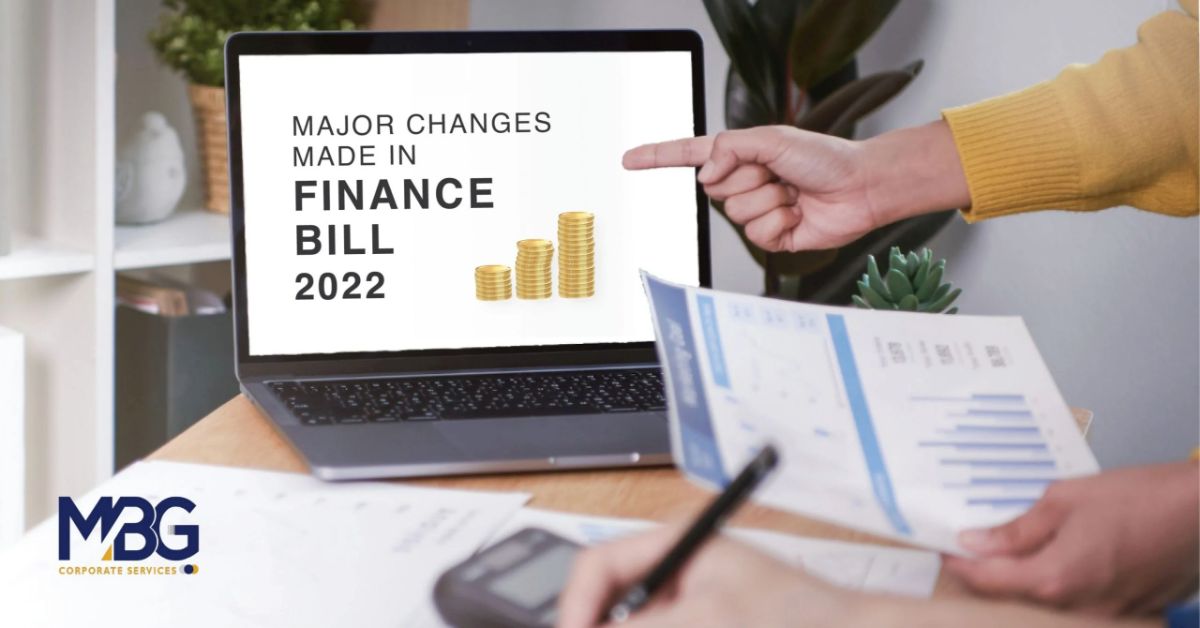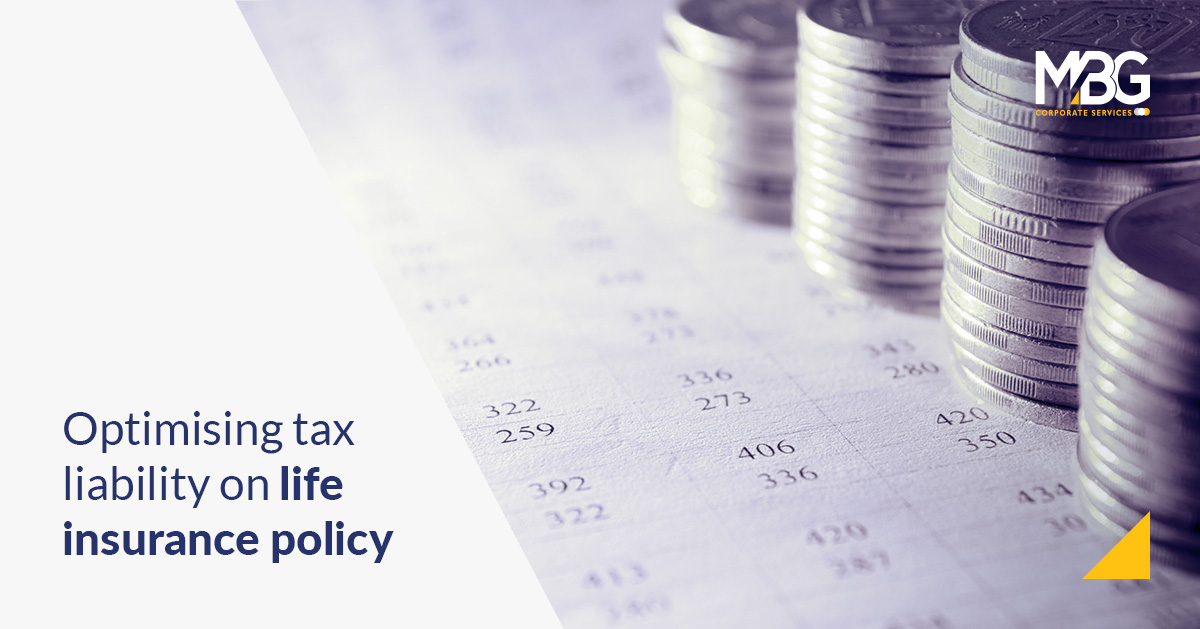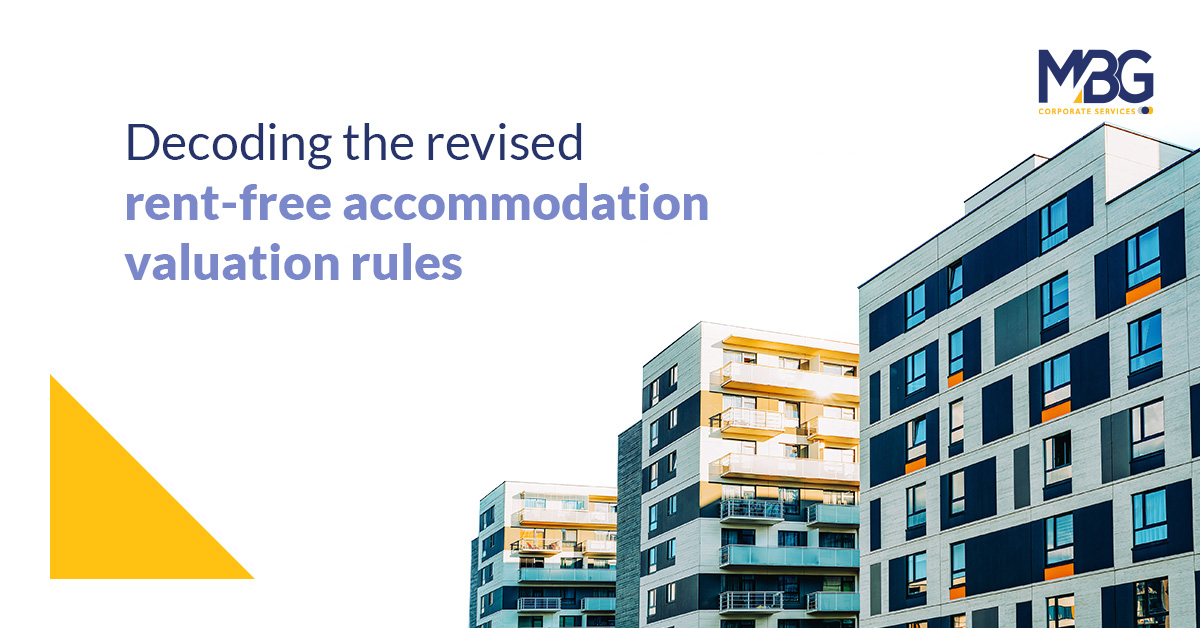Major changes made in Finance Bill, 2022
April 04, 2022

The Finance Bill, 2022 has received the assent of the Hon’ble President of India on 30 March 2022. Some of the relevant changes made in Finance Bill 2022 are as follows:
1- Set-off of loss from one Virtual Digital Asset (VDA) cannot be allowed against income from another VDA
Finance Bill, 2022 proposed, that loss from the transfer of VDA shall not be allowed to be set off against income under any other provision of Income Tax Act, 1961 (ITA). It is clarified that any loss arising from the transfer of VDA would be a dead loss which will not be allowed to be adjusted even against income from the transfer of another VDA.
2- Definition of ‘transfer’ shall apply even in case VDA is not held as a capital asset
Section 115BBH(3) of ITA provides that the definition of transfer shall apply whether VDA shall be held as a capital asset or not. Income from VDA shall be computed as per Section 115BBH of ITA whether such income is covered under the head “Business or Profession”, “Capital Gain”, or “Other Sources”.
3- Income from transfer of VDA shall be taxed at 30% overriding other provisions of ITA
As per Section 115BBH of ITA income from the transfer of VDA shall be taxed at 30%, notwithstanding anything contained in any other provision of the ITA.
4- Computation under Section 115BBH of ITA would apply even if there is no cost of acquisition of VDA
Section 115BBH(2)(a) of ITA amended to insert the words “if any” after the cost of acquisition. Thus, income from transfer of VDA shall be computed as per Section 115BBH of ITA even if the cost of acquisition thereof is ‘nil’ or ‘cannot be computed’.5- In case consideration for VDA is in-kind, deductor has to ensure TDS under Section 194S of ITA
The deductor shall be required to ensure that required TDS under Section 194S of the ITA has been deducted before making payment for transfer of VDA.
6- TDS on transaction in VDA can attract TDS under other provisions in addition to Section 194S of ITA
TDS at the rate of 1% on transfer of VDA under Section 194S of ITA would override only the TDS provisions applicable to e-commerce operators under Section 194O of ITA and no other provisions of TDS or TCS.
7- Extension of restriction on filing of updated return in case of search, survey or requisition to any assessment year preceding to relevant assessment year
Situations under which an updated return cannot be filed have been listed in the first, second and third provisos to section 139(8A) of ITA. The words “two assessment years” has been substituted with “any assessment year” in second proviso to section 139(8A) of ITA. Consequently, a person shall not be able to file the updated return for the relevant assessment year in which such search is initiated or survey is conducted, or requisition is made and any assessment years preceding such assessment year.8- Return of loss under Section 139(3) of the ITA can be updated if updated return is return of income
Taxpayer can file an updated return for an assessment year if a return of loss was previously filed for such assessment year in case such updated return is a return of income.
9- Filing of updated return of subsequent tax years consequent to a reduction in carried forward losses, unabsorbed depreciation, MAT or AMT credit
In case updated return filed for a tax year result in reduction of carried forward loss or unabsorbed depreciation or MAT credit or AMT credit for subsequent tax years, updated return shall have to be filed for all such subsequent tax years.
10- Deduction of surcharge and cess will be treated as under-reported income triggering penalty, unless voluntarily owned up by taxpayer
Finance Bill 2022 proposed to clarify on the disallowance of the deduction on account of “Surcharge” and “Cess” with retrospective effect from assessment year 2005-06. It is provided that such disallowance of deduction shall be deemed as under-reported income and attract penalty at the rate of 50%. However, provisions have been provided for not considering it as under-reported income, where the taxpayer makes an application to the tax authority in a prescribed form and within the prescribed time for re-computation of income in respect of a previous year without considering the claim of surcharge and cess and pays amount due thereon within the specified time limit, then no penalty shall be levied on such taxpayer.
11- Validation of proceedings initiated or completed on predecessor entity
The assessment or other proceedings initiated or completed on the predecessor in the event of succession shall be deemed to have been made on the successor. Section 170(2A) validates the assessment or other proceedings initiated or completed on the predecessor. All such proceedings shall now be deemed to be in the name of the successor. Further, it is also clarified that proceedings initiated during pendency of succession shall also be covered in the same.
12- Business reorganization and Successor defined for filing of modified return by successor
Finance Bill 2022 proposed to introduce provisions to enable the “Successor” entity to file a modified return in lieu of the returns which were filed for tax year pertaining to the “Business Reorganization” to reflect the impact of change due to the reorganization. The term “successor” defined to mean all resulting companies in a business reorganization, whether or not the company was in existence prior to such business reorganization.
13- Extension of time line for completion of assessments under Section 143(3) and 144 of the ITA
The time limit for completion of assessment of assessment year 2020-21 has been extended from 12 months to 18 months i.e., from 31 March 2022 to 30 September 2022. The timeline for completion of assessment for assessment year 2021-22 and assessment year 2019-20 remained unchanged.
14- Extension of time line for completion of assessments under Section 153B of the ITA
The assessment in the following cases for the assessment year 2021-22 shall be made on or before 30 September 2022:
- Where last authorization for search under Section 132 of the ITA or requisition under Section 132A of ITA was executed at any time during the financial year commencing from 1 April 2020; or
- In the case of a person referred to in Section 153C of ITA, the books of accounts or documents or assets seized or requisitioned were handed over to the Assessing Officer having jurisdiction over the person at any time during the financial year commencing from 1 April 2020.
The limitation period for completion of assessment in search/requisitioned cases is given in the below table:
|
Date of search |
Limitation period |
| On or after 1 April 2021 | Within 12 months from the end of the financial year in which notice was served |
| Between 1 April 2020 and 31 March 2021 | On or before 30 September 2022 |
| Before 1 April 2019 and 31 March 2020 | Within 12 months from the end of the financial year in which last of the authorizations for search/requisition was executed |
15- Avoidance of Repetitive Appeals as per Section 158AB of ITA
The provisions of Section 158AB of ITA shall override the provisions which provide for the time limits and procedural directions for filing an appeal to Income Tax Appellate Tribunal (ITAT) or the High Court. The application is to be filed within the time limit of 120 days with the ITAT and all the provisions in relation to appeal to ITAT and High Court of Chapter XX shall apply, as the case may be, when an appeal is being filed under Section 158AB(4) of ITA.
16- Definition of books of account to include books maintained in electronic or digital form
The term “books or books of account” under the ITA to also include books maintained in an electronic or digital form.
Last updated: 04/04/2022
Article contributed by:
Sr. Manager – Direct Tax









